
Next to shopping, decluttering seems to be America’s favorite pastime. Heck, minimalist gurus like Marie Kondo have made entire careers out of helping people tidy up and let go of belongings that no longer “spark joy.”
All that conscious purging is good news for charity-run resale stores such as Goodwill and Salvation Army. But clutter-busters take note: Not every unwanted item is welcome at donation centers. Here’s a list of things most resale shops don’t want and can’t accept.
1. CRT TVs
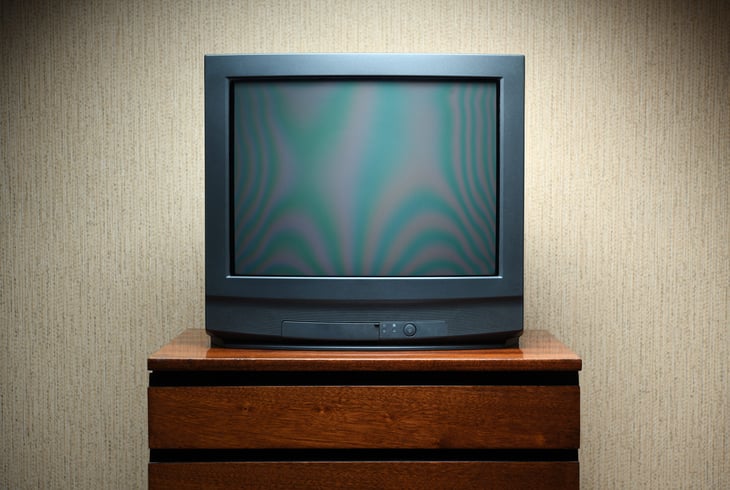
Old CRT (cathode ray tube) TVs have been replaced by flat, wall-mounted LCD, LED and plasma models. As a result, most American garages are storing at least one obsolete television. Even at secondhand prices, it’s nearly impossible to unload these “contemporary antiques” — and thrift stores know it.
To dispose of an old TV, don’t just put it out at the curb. Contact your local recycling center and ask if it hosts an annual e-waste event. Otherwise, BestBuy’s recycling program will take it off your hands for $29.99.
2. Mattresses
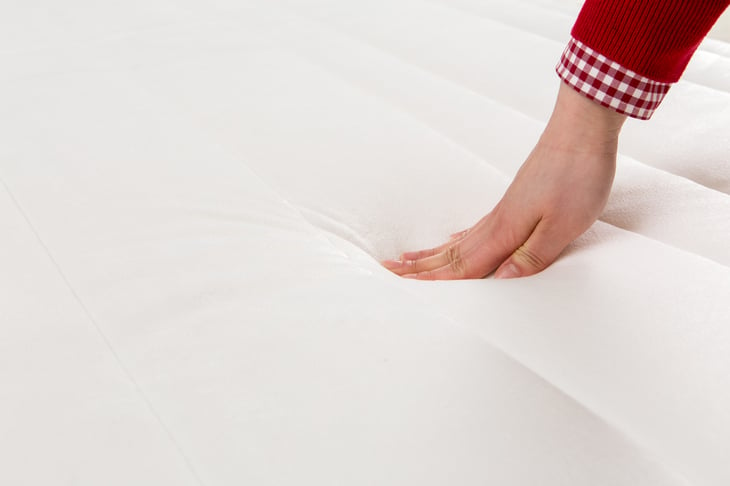
Most thrift stores don’t accept mattresses. Not only do they take up a lot of retail floor space, the “ick” factor of a used mattress can make them a tough sell.
But there are exceptions. The Society of St. Vincent de Paul operates resale shops across the country. The locations nearest to me (in Des Moines, Iowa) accept mattresses manufactured no earlier than 2017 and with original tags still attached.
3. Sleeper sofas

Old-fashioned sleeper sofas are notoriously heavy. In fact, I nearly broke my hand trying to move one up a flight of stairs back in the 1990s (and I have a crooked finger to prove it).
That heft — combined with potentially unsanitary mattress issues — are part of the reason they’re near the top of the “Donations Goodwill Cannot Accept” list.
4. Cribs and car seats
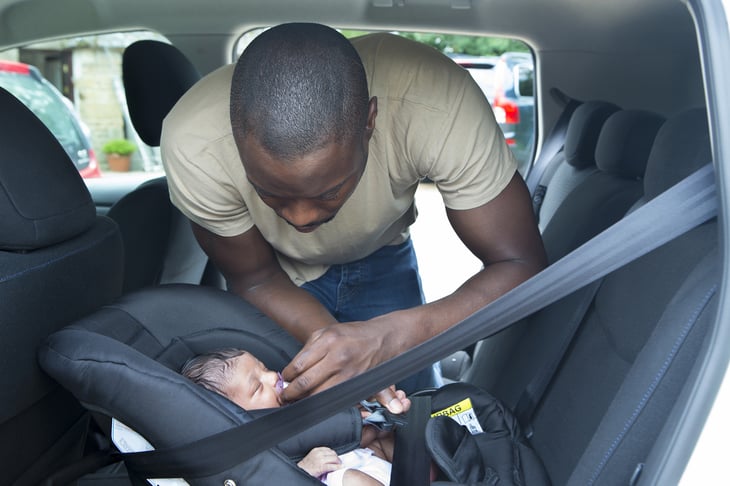
We’ll cover recalled items later in this post, but cribs and car seats deserve special mention.
It’s impossible to know whether a pre-owned car seat has been involved in a crash — an event that could comprise its functionality. And many donation centers lack the resources to track the volume of recalls related to car seats as well as cribs. Since child safety is paramount, centers are likely to reject both items.
5. Car parts
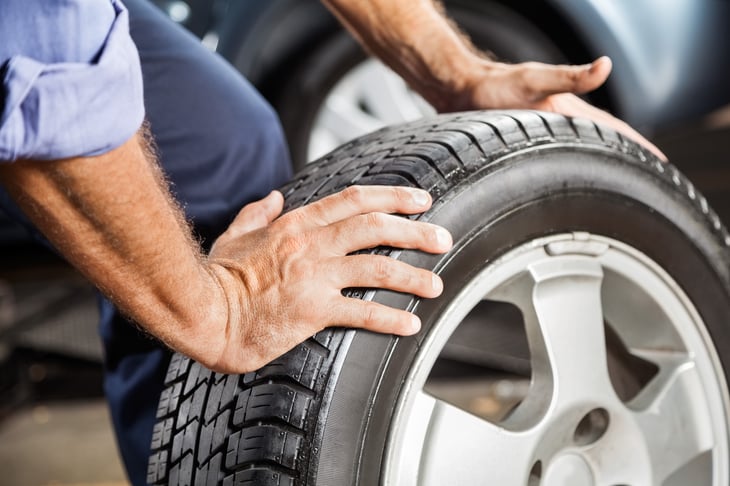
Used tires, wheels and batteries also made Goodwill’s “Cannot Accept” list. Likely because it’s tough to determine the safety of most used auto parts (oh, and battery acid doesn’t make for a pleasant shopping environment).
Instead of donating, liquidate these items on Freecycle or via free pages on Facebook Marketplace.
6. Large appliances
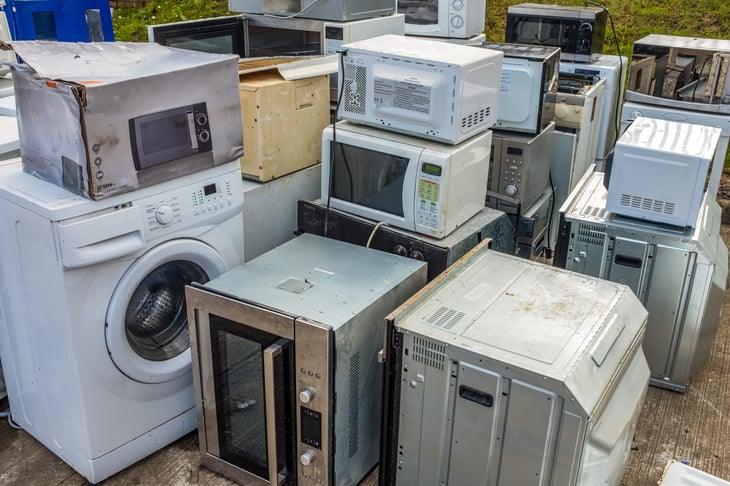
Most donation centers aren’t equipped to handle stoves, ovens and refrigerators. The labor needed to move these items and the retail floor space they require make them a losing proposition. Even worse, appliances that haven’t been thoroughly cleaned may harbor unsafe bacteria.
7. Building materials
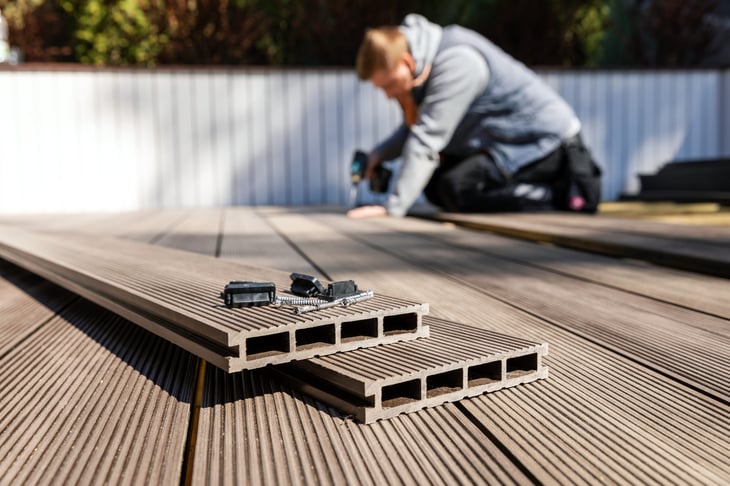
As with large appliances, the processing and storing of building materials is labor-intensive and requires extensive warehouse space. The corner Goodwill simply can’t handle loads of sheetrock and pallets of vinyl plank flooring.
To spare these items from the landfill, connect with a Habitat for Humanity ReStore in your area. ReStores accept new and used building materials, appliances and furniture. Proceeds from sales help the organization provide affordable housing in communities around the world.
8. Torn or stained clothing

Thrift stores are in the business of reselling clean, wearable clothing. And sadly, there’s not a huge market for stained jeans, torn shirts and coats with broken zippers.
A good rule of thumb: If you wouldn’t offer it to a friend or neighbor, don’t donate it.
So, what’s next for that pile of un-donatable clothing? The folks at Bustle can help you decide what to do with clothes you can’t donate.
See also: “9 Retailers That Will Reward You for Recycling”
9. Periodicals

Sorry, but thrift shops aren’t interested in that stack of newspapers and magazines next to your easy chair. For their weight, periodicals have a negligible resale value.
Instead, drop off recent magazines at a local senior center. And some animal shelters accept newsprint. Shredded, it makes soft bedding for homeless pets.
10. Firearms, ammunition or fireworks
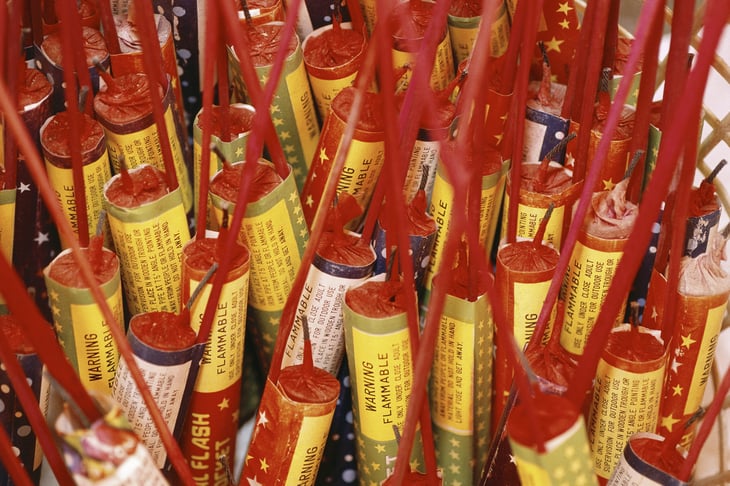
Not surprisingly, firearms and fireworks also make Goodwill’s list of unacceptable items. Anything that poses a threat to personal or public safety should not be donated.
Without a uniform process in place across the U.S., disposing of an unwanted firearm can be tricky. Err on the side of safety by calling your local police department and asking how to legally surrender or “deactivate” a gun. (Remember, call first — never bring any weapon to a police department unannounced.)
And if fireworks frazzle your nerves more than dazzle your eyes, take them directly to your local landfill. In the meantime, store in a cool, dry place and keep them out of reach of children.
11. Recalled items

The last thing anyone wants to do is keep an unsafe item circulating in the marketplace.
If you’re unsure about the recall status of an item, visit Recalls.gov before you donate. The site’s comprehensive search tool examines recall data across six federal agencies and alerts users to any product that’s been deemed “unsafe, hazardous, or defective.”
12. Anything damaged beyond repair
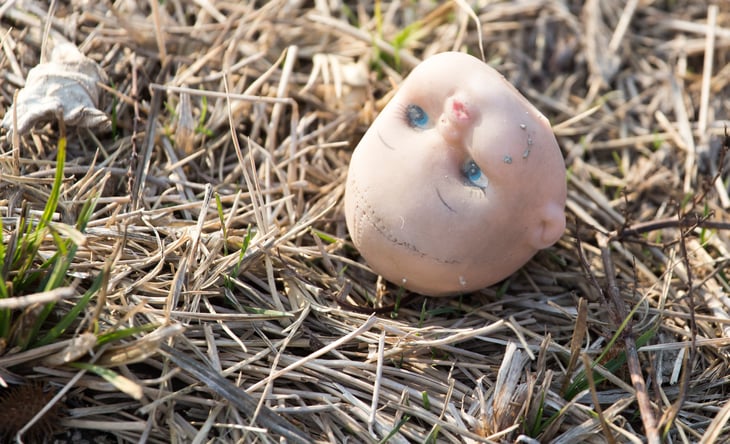
Before you donate anything, ask yourself, “Would I buy this?” If an item is heavily damaged or in non-working condition, don’t pass the headache on to someone else.
Remember, donating isn’t a way to get rid of junk. Rather, it’s a way to share quality items, help the environment and support worthy causes all at the same time.
